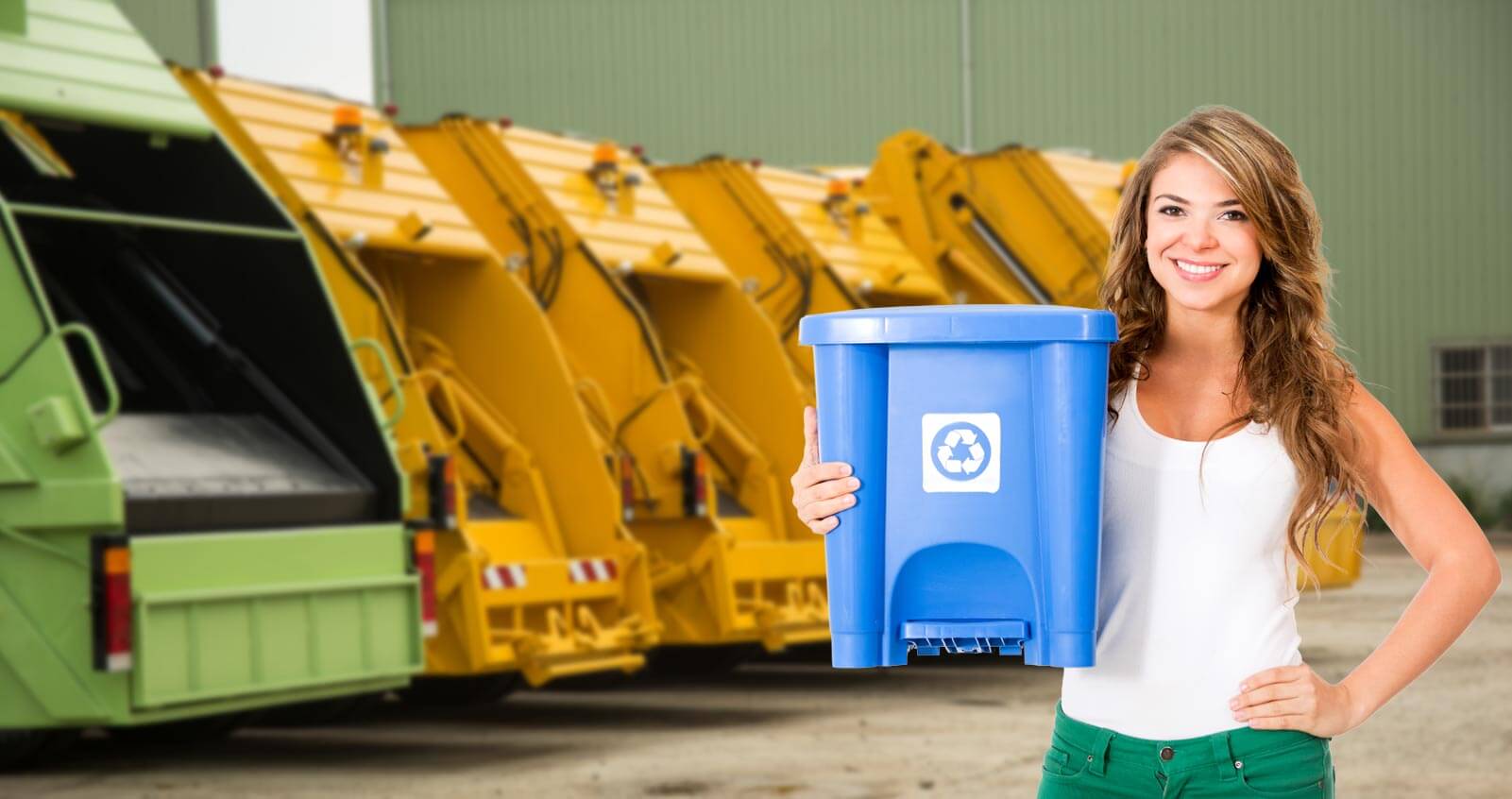Household Waste Collection
Posted on 25/07/2024
Managing household waste effectively is crucial for both environmental conservation and community health. This guide explores the intricacies of household waste collection, offering insight into the process, benefits, challenges, and best practices to optimize waste management in your home.
Understanding Household Waste Collection
Household waste collection involves the systematic gathering and removal of various types of waste produced in homes. This waste includes organic matter, recyclables, hazardous items, and general refuse. Efficient collection and disposal reduce environmental pollution and promote sanitation.

The Importance of Household Waste Collection
Proper waste collection is paramount for maintaining a clean and healthy environment. It helps prevent the spread of diseases, reduces the risk of pests, and minimizes the impact of waste on natural ecosystems. Through effective waste management practices, communities can contribute to sustainability and resource conservation.
Types of Household Waste
- Organic Waste: Includes food scraps, garden trimmings, and other biodegradable materials.
- Recyclable Waste: Encompasses paper, cardboard, glass, plastics, and metals that can be reprocessed into new products.
- Hazardous Waste: Consists of items like batteries, chemicals, and electronic waste that require special handling.
- General Waste: Comprises non-recyclable, non-hazardous materials such as certain plastics and broken household items.
Effective Household Waste Collection Strategies
Implementing efficient waste collection strategies at home involves several steps:
- Segregation: Separate waste into designated categories - organic, recyclable, hazardous, and general.
- Use of Proper Bins: Utilize color-coded bins to simplify segregation and collection.
- Regular Disposal: Ensure timely disposal to prevent accumulation and potential health hazards.
- Composting: Compost organic waste to create nutrient-rich soil for gardening.
- Recycling: Adhere to community recycling guidelines to ensure recyclables are appropriately processed.
Tips for Efficient Household Waste Collection
- Invest in durable and labeled waste bins.
- Educate household members about proper waste segregation.
- Keep a schedule for waste disposal to prevent delays.
- Compost food scraps and organic waste for garden use.
- Stay updated on local waste collection regulations and services.
Pros and Cons of Household Waste Collection
Pros
- Environmental Benefits: Reduces pollution and conserves natural resources.
- Health Advantages: Mitigates the spread of diseases and reduces pest infestations.
- Economic Impact: Encourages recycling, leading to job creation and economic growth in the recycling industry.
- Resource Efficiency: Through recycling and composting, many materials are effectively reused.
Cons
- Cost: Implementing efficient waste management systems can be expensive.
- Time-Consuming: Household members need to invest time in waste segregation and recycling practices.
- Compliance: Adherence to local regulations and proper disposal methods can be complex.

Key Takeaways
- Effective household waste collection is essential for a clean and healthy environment.
- Implementing proper segregation and disposal methods minimizes environmental impact.
- Stay informed about local waste management regulations and services.
- Engage in recycling and composting to contribute to sustainability.
Conclusion
Household waste collection is a critical component of environmental stewardship and public health. By adopting effective waste management practices, households can significantly reduce their environmental footprint and promote sustainable living. Proper segregation, regular disposal, and adherence to local guidelines are essential steps in optimizing waste management. The benefits of a well-structured waste collection system far outweigh the challenges, making it a pivotal aspect of maintaining a clean and healthy community.




